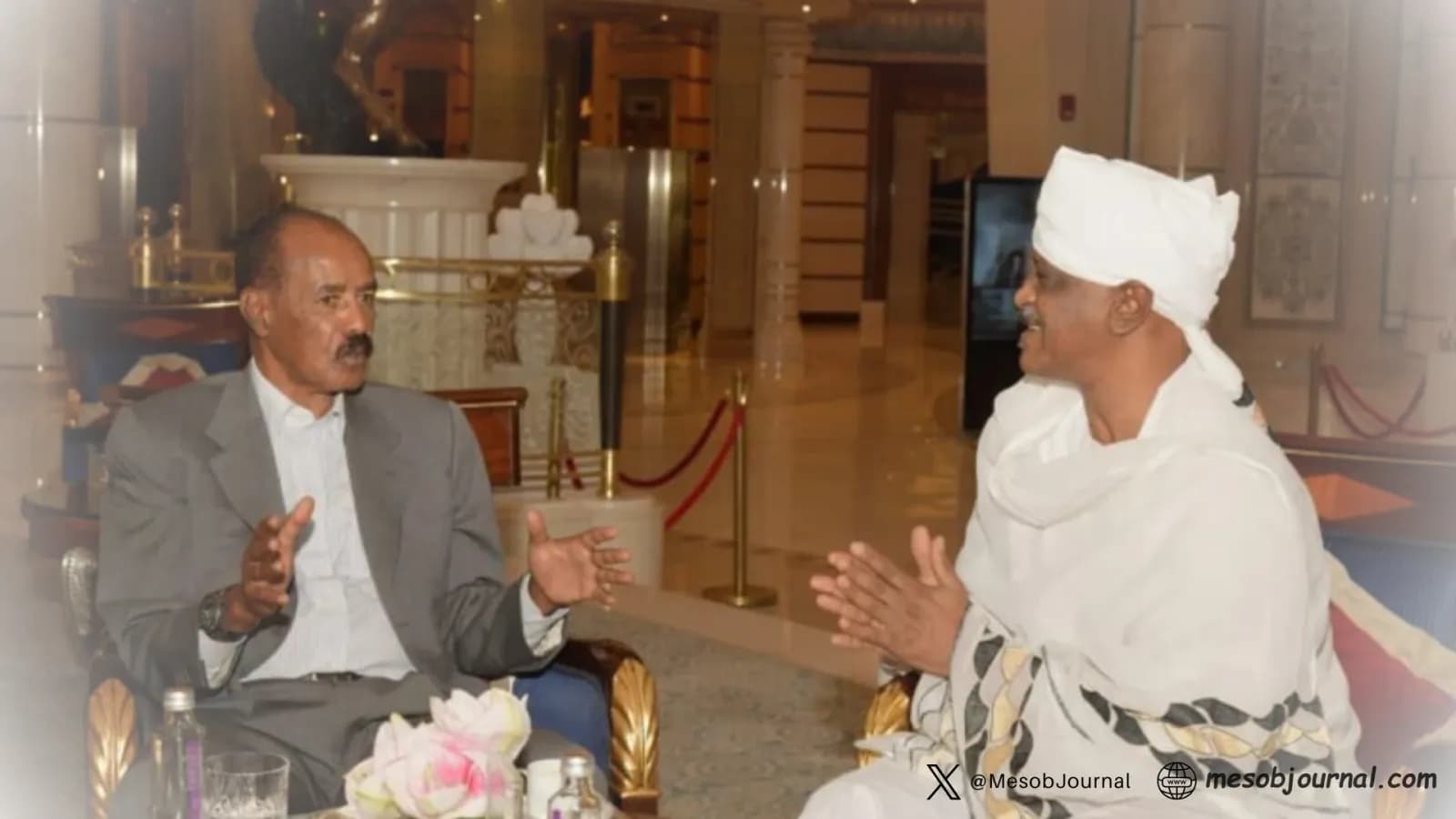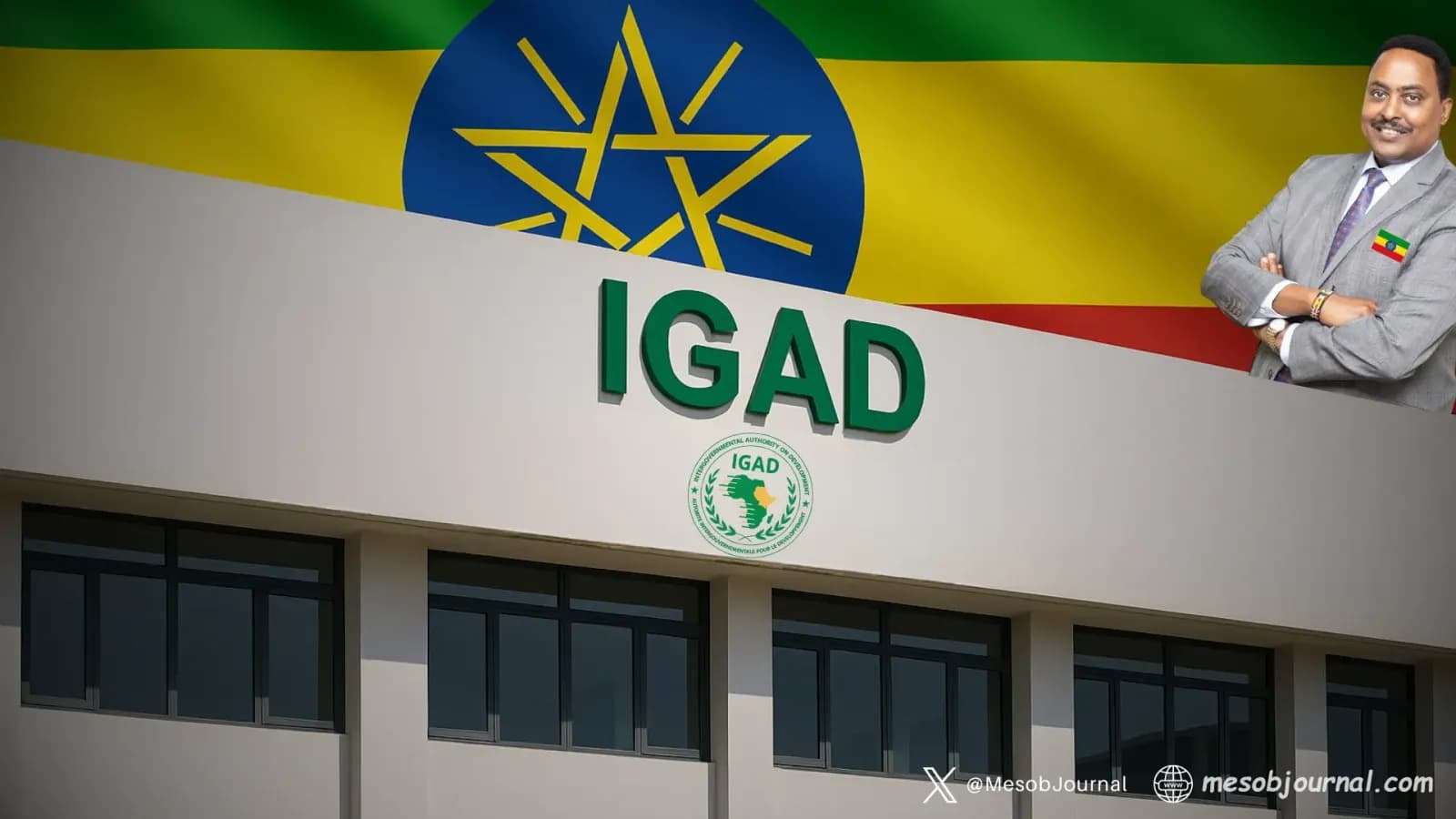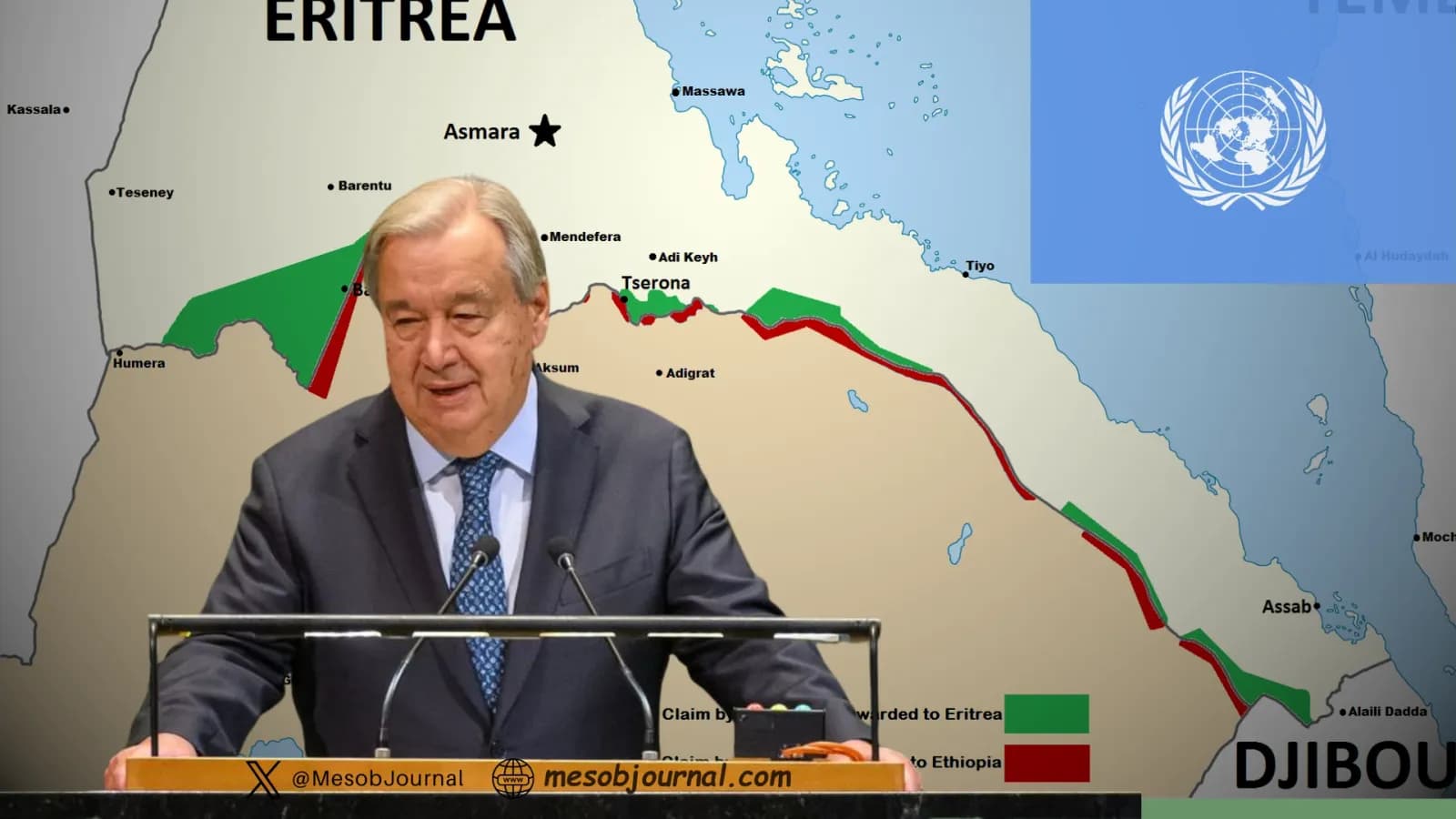Eritrea: The Overlooked Pillar of Pan-Africanism

When we speak of Pan-Africanism, we often evoke visions of sovereignty, resilience, and a united African front against imperialism. Yet, a glaring omission persists in this narrative: Eritrea.
Despite embodying the essence of Pan-African ideals - self-reliance, independence, and unyielding resistance to foreign dominance - Eritrea remains marginalized in the discourse.
Why is a nation so steadfast in its commitment to African sovereignty overlooked by those who claim to champion the same cause?
To understand Eritrea’s position, we must begin with its remarkable history. The Eritrean People’s Liberation Front (EPLF), a revolutionary force unmatched in Africa, led Eritrea to independence through sheer will and strategic brilliance.
The EPLF not only dismantled Ethiopia’s Derg regime - a military entity heavily armed by the Soviet Union - but also overcame the earlier imperial ambitions of the US- and UK-backed Emperor Haile Selassie.
After independence in 1991, Eritrea faced the Tigray People’s Liberation Front (TPLF), which had once been its ally but later became a Western-backed regime intent on destabilizing the Horn of Africa.
Against this formidable opposition, Eritrea prevailed, maintaining its sovereignty while enduring sanctions, demonization, and military provocations.
Living the Pan-African Dream
Eritrea does not merely preach Pan-Africanism; it lives it. Under the EPLF’s governance, the country embraced policies that were groundbreaking for Africa.
Long before it became fashionable to discuss gender equality in leadership, the EPLF had women serving in combat and administration, reshaping gender norms in a deeply patriarchal region.
Education and healthcare were prioritized in liberated areas during the independence struggle and later institutionalized into national policy.
Unlike many post-colonial African states that adopted the languages of their colonizers, Eritrea chose a different path, officially recognizing all its nine ethnic languages. This was not just a linguistic policy; it was a statement of unity in diversity, a declaration that no group would dominate another under the guise of “national unity.”
Eritrea’s rejection of foreign aid - often a Trojan horse for neocolonial control - further underscores its commitment to genuine sovereignty. Instead of aid, Eritrea invested in self-reliance, fostering an ethos that many African nations have yet to fully embrace and realize.
Demonization by the West
Eritrea’s independence has come at a steep cost, largely because it has refused to play by the rules of Western hegemony.
The country’s refusal to accept aid with strings attached, its insistence on solving African problems through African solutions, and its steadfast commitment to a non-aligned policy and independent approach has made it a relentless target of hostility.
Hillary Clinton’s infamous remark, labeling Eritrea as a “bad example of good governance,” perfectly encapsulates the West’s fear of an independent African state charting its own course.
Sanctions, disinformation campaigns, and attempts to isolate Eritrea have followed. The narrative pushed by Western media portrays Eritrea as an authoritarian pariah state, conveniently ignoring its achievements and resilience.
This smear campaign has seeped into African circles, where even some Pan-African intellectuals and movements have adopted the distorted image crafted by the West.
Why the Silence from Pan-Africanists?
The silence surrounding Eritrea in Pan-African circles is both puzzling and troubling. While recent anti-imperialist movements in West Africa - such as those in Burkina Faso, Mali, and Niger - deserve celebration, it is Eritrea that has long stood as the lodestar of African self-determination.
Decades before these nations began their struggles against neocolonialism, Eritrea was fighting - and winning - against far greater odds.
Yet Eritrea is rarely acknowledged as a Pan-African exemplar. This oversight likely stems from the pervasive influence of Western narratives, which have succeeded in framing Eritrea as a rogue state.
It is easier to align with the West’s caricature of Eritrea than to critically assess its policies and recognize its contributions to African independence.
Eritrea: A Beacon for Africa
Eritrea’s experience holds invaluable lessons for Africa. Its unwavering stance on sovereignty reminds us that true independence requires sacrifices.
Its commitment to self-reliance shows that rejecting foreign aid is not just possible but essential for sustainable development. Its recognition of ethnic and cultural diversity underscores the importance of unity without erasure.
President Isaias Afwerki’s declaration that “Eritrea is not for sale” captures the essence of the country’s philosophy. It is a philosophy that African nations must embrace if they are to break free from centuries of exploitation and dependency.
Eritrea’s resilience, despite facing unparalleled hostility, is proof that a self-reliant Africa is not a pipe dream but a tangible reality.
Eritrea’s story is Africa’s story
If Pan-Africanism is to have any credibility, it must recognize and celebrate Eritrea’s contributions. Ignoring Eritrea while praising nations that are just beginning their anti-imperialist journeys is a disservice to the very ideals of Pan-Africanism.
It is time to confront the narratives that have sidelined Eritrea and give this nation its rightful place at the forefront of the movement.
Eritrea’s story is not just its own; it is Africa’s story. A story of struggle, resilience, and the unwavering pursuit of independence. It is time we told it as such.
Related stories

When Maps Become Messages: Ethiopia’s Dangerous Normalization of Territorial Claims
There are moments in diplomacy when silence is louder than words. And there are moments when a picture—deliberately chosen, officially circulated—does more damage than a thousand speeches. The map displayed this week in a video released by Ethiopia’s Prime Minister’s Office belon

President Isaias Afwerki: Ending Sudan War Requires Cutting RSF Supply Lines
Eritrean President Isaias Afwerki has said that any serious effort to end the war in Sudan must begin with cutting off the supply routes that continue to arm and sustain the Rapid Support Forces (RSF), warning that calls for ceasefires are meaningless while weapons and mercenarie

Eritrea Withdraws from IGAD, Citing Loss of Mandate
Eritrea has formally withdrawn its membership from the Intergovernmental Authority on Development (IGAD), the Ministry of Foreign Affairs announced on Friday, marking a decisive break with a regional body it says has “forfeited its legal mandate and authority.” In a press release

Eritrea-Ethiopia Algiers Agreement at 25: International Law Still Stands
Twenty-five years after the signing of the Algiers Agreement, the United Nations Secretary-General has once again urged Eritrea and Ethiopia to “respect the border pact.” On the surface, the message sounds balanced, even responsible. But anniversaries are not just moments for rit

